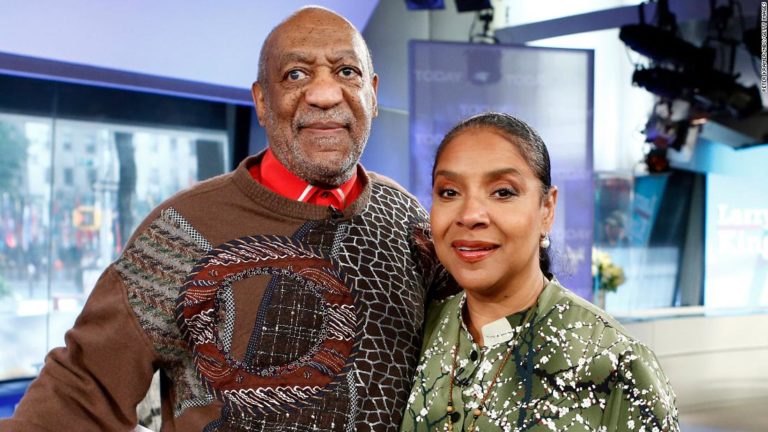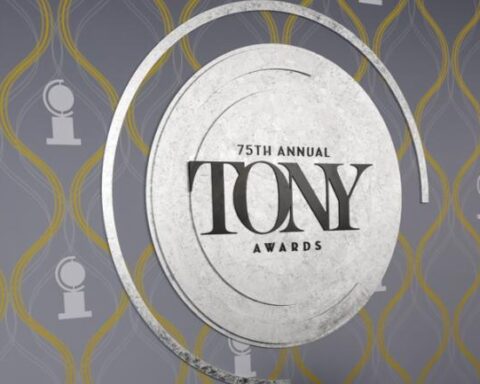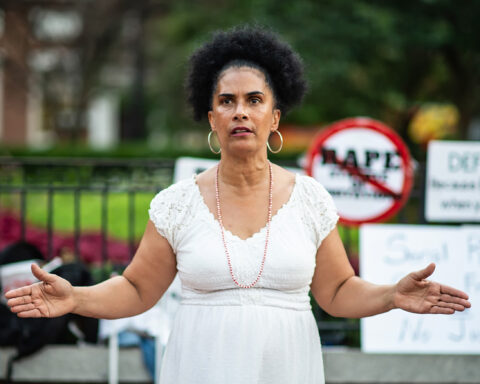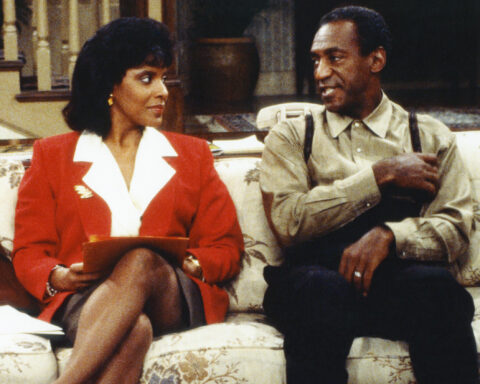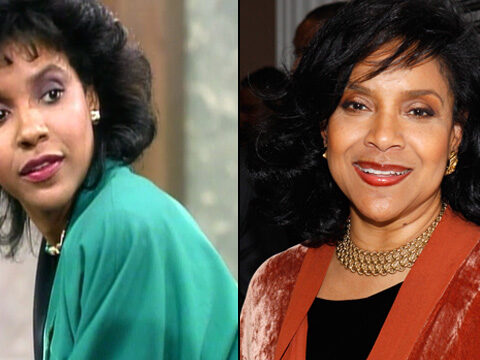Depending on you and your life experiences, Bill Cosby is either an abuser or the latest Black man to fall prey to being unjustly accused.
In the case of the 83-year-old actor, it is actually dozens of women — the majority of them White — over several years who alleged sexual misconduct by Cosby dating back decades. (Cosby has consistently denied the allegations.)
Which is why when his longtime friend and costar Phylicia Rashad celebrated the overturning of the verdict against Cosby on Wednesday, it set off debate involving race, misogyny and the #MeToo movement.
Well before Cosby was convicted and sentenced in 2018 to three to 10 years in a state prison for drugging and sexually assaulting Andrea Constand at his home in 2004, there was much debate over his guilt and innocence.
But no where more so than in the Black community, where Cosby had meant so much as both an entertainer and an advocate for education.
America’s favorite dad
“The Cosby Show” was groundbreaking television.
Running from 1984 to 1992 on NBC, the sitcom depicted an upper middle class Black family devoid of the usual stereotypes often assigned to Black characters in Hollywood.
Cosby portrayed Dr. Heathcliff “Cliff” Huxtable, an obstetrician and patriarch of five children. Rashad played the matriarch, attorney Clair Huxtable.
Their loving family dynamic — and Cosby’s affable portrayal as the comical and often beleaguered father — found him frequently topping polls as America’s favorite TV dad.
He embodied the parent that many who grew up in the tumultuous 1980s as latchkey kids, or those with more absent fathers than Huxtable, wished they had.
“The Cosby Show debuted during the Reagan era, when the plagues of crack, AIDS and spiraling homicide were ravaging African-Americans,” writer, professor and culture critic Jelani Cobb told Ebony Magazine in 2015. “[The show was] huge among Black people because it was a counterpoint to the stream of negativity that we heard and saw about ourselves so frequently during those years.”
As beloved as Cosby’s Dr. Huxtable was, Rashad’s Clair was as well. A deeply loving wife, she modeled excellence for the Huxtable children (played by Sabrina Le Beauf, Lisa Bonet, Malcolm-Jamal Warner, Tempestt Bledsoe and Keshia Knight Pulliam) and portrayed a strong, Black feminist in a television landscape with few.
That image seemed in stark contrast to some when Rashad tweeted “FINALLY!!!! A terrible wrong is being righted- a miscarriage of justice is corrected!” after the Supreme Court of Pennsylvania vacated Cosby’s conviction on Wednesday.
‘What are you thinking’
#ByePhylicia (a reference to the catch phrase “Bye Felicia” made popular by the hit 1995 film “Friday) began trending and another famous TV mom even weighed in.
“Phylicia what are you thinking!!!,” actress Janet Hubert, who played the original Aunt Viv on “The Fresh Prince of Bel Air,” tweeted. “I don’t know you but to say this was terribly wrong.”
It was complicated by the fact that Rashad is the newly appointed dean of the reestablished College of Fine Arts at her alma mater, Howard University in Washington, DC.
“I love @PhyliciaRashad but Howard need to remove her cause how safe would you feel if your dean is defending a man who ADMITTED he drugged and raped women,” Evelyn Atieno, editor-in-chief of Affinity, tweeted.
Rashad sought to clarify her stance amid the backlash, tweeting “I fully support survivors of sexual assault coming forward.”
“My post was in no way intended to be insensitive to their truth,” she wrote.”Personally, I know from friends and family that such abuse has lifelong residual effects. My heartfelt wish is for healing.”
Nothing wrong
But not everyone disagreed with Rashad’s support for Cosby.
When Howard University posted a statement on their verified Instagram acount disavowing Rahad’s original tweet — writing that it “lacked sensitivity towards survivors of sexual assault” — several people defended Rashad.
“She spoke Truth!” one person commented.
“Dean Rashad has done nothing wrong!” another defender wrote.
It’s indicative of the division that has existed since allegations against Cosby first went mainstream in 2014, when a video of comedian Hannibal Buress talking about Cosby went viral.
From the onset, there was utter disbelief within the Black community that a man of Cosby’s stature could have done anything so heinous.
Misinformation was rampant. It was said that Cosby was targeted because he was in the process of buying NBC, when in reality he had explored such a sale in 1992. And, like so many aspects of our culture in recent years, the allegations were politicized. (In 2016, then aspiring presidential candidate Donald Trump had been accused of sexual misconduct by multiple women, which he denied.)
There was also discussion about misogyny after Barbara Bowman, one of Cosby’s accusers, penned an opinion piece for the Washington Post in which she noted “only after a man … called Bill Cosby a rapist in a comedy act… did the public outcry begin in earnest.”
Black male celebrities like Cosby are often rallied around when accused of wrongdoing as they become proxies for the many Black men unjustly accused and prosecuted in this country.
“History tells me that black men who are accused of raping white women have often been lynched. History tells me that black men who face the American justice system are disproportionately incarcerated,” Solomon Jones wrote in a piece for WHYY radio in 2018. “History tells me that Cosby — a black man — had little chance of walking away from the accusations of dozens of mostly white women.
History also tells us that while the momentum of #MeToo may have helped grease the wheels that led to Cosby’s conviction, the overturning of that conviction has reminded some of the 1995 trial of OJ Simpson, who was ultimately acquitted in the murders of his ex wife Nicole Brown Simpson and her friend Ron Goldman.
That is that rich and powerful Black men may have more successful outcomes in the legal system — a fact that seems less up for debate than their actual guilt or innocence.
